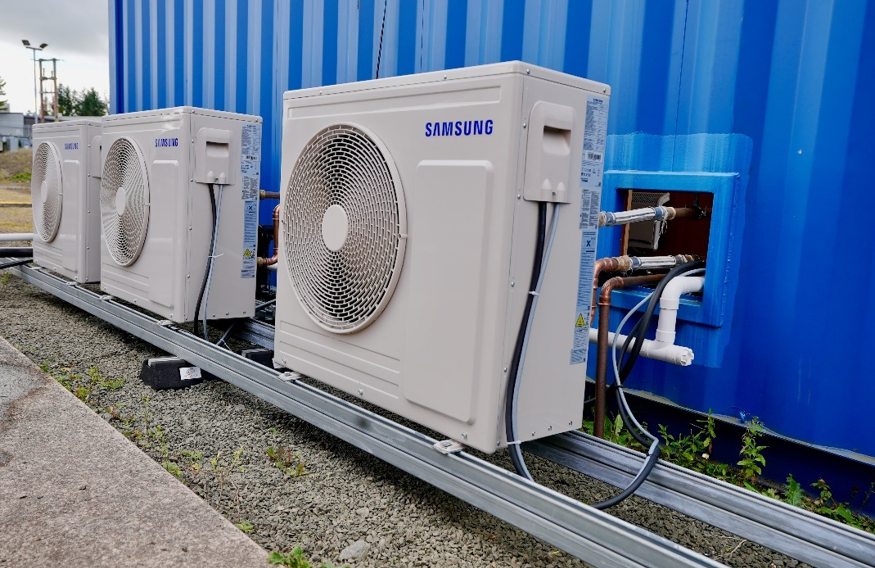Despite last year’s $1.8tr in clean energy investment, investment still remains below what is needed to meet the COP28 target of tripling renewable capacity by 2030, according to the latest EY Renewable Energy Country Attractiveness Index (RECAI 63).
Energy storage, including battery energy storage systems (BESS), has as major role to play in removing some obstacles in the network gridlock challenge, which has now reached acute proportions in many mature markets.
Arnaud de Giovanni, EY Global Renewables leader, notes: “Scaling up battery energy storage systems can help solve multiple problems holding up clean energy progress, including stabilising and strengthening network infrastructure and enabling more distributed energy resources to connect to the grid."
The US, bolstered by the Inflation Reduction Act, takes the top spot in the new EY ranking of the world’s most attractive markets for BESS investment. China with strong government support, subsidies and plans to reduce BESS costs by 30 per cent by 2025, is a close second. And the UK, with its sophisticated energy market design and a new energy bill that classifies BESS as a generation asset, makes third place. A fourfold increase in global BESS deployment is forecast from 2023 to 2030, reaching 572GW/1,848GWh.
Overall, the US, China, and Germany retain the top three spots in the Renewable Energy Country Attractiveness Index due to strong policy support. The UK moves up one spot to sixth.
© 2019 Perspective Publishing Privacy & Cookies








Recent Stories